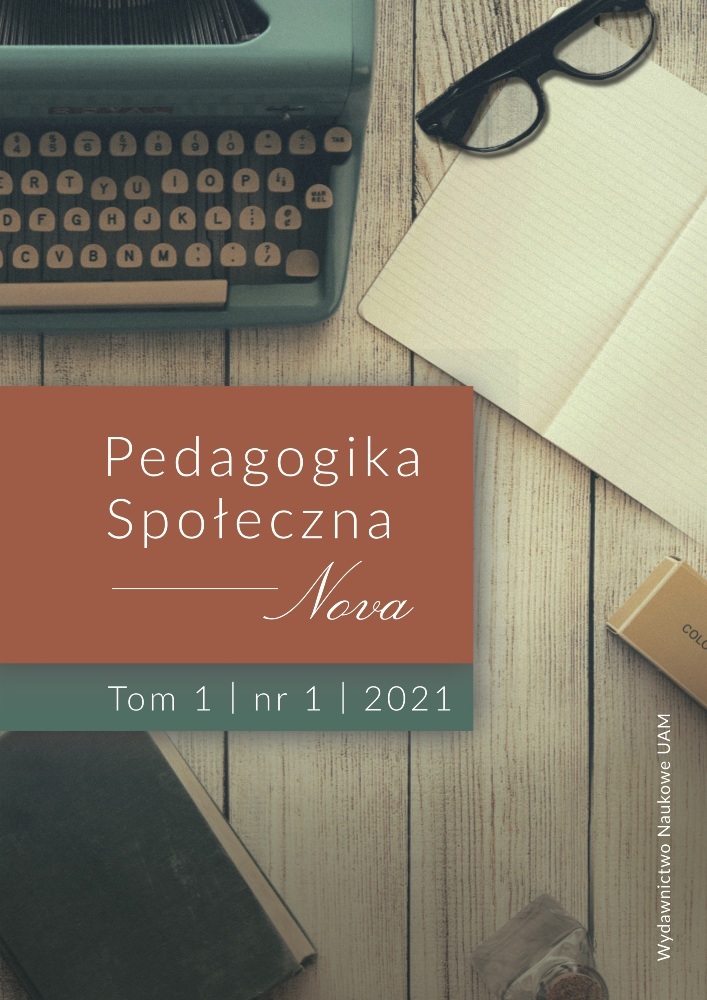Abstract
Often times, music has been seen as an art form which embodies and boasts a lot of rich socio-cultural experiences and expressions. More so, is the Urhobo music which embodies so many cultural values that are impalpable yet so much cherished. It is observed that the traditional music of the Urhobo, which includes the Urhobo Disco music by Okpan Arhibo, is used in various socio-cultural contexts such as burials, in-law greetings, marriages, birthday and naming ceremonies, amongst others.It is the concern of this paper, therefore, to investigate the effectiveness of the role of the radio in broadcasting music, particularly of the Urhobo of Delta State, Nigeria, as a way of promoting the socio-cultural ex- periences of the Urhobo nationality. The paper adopts both the phenomenological and cultural schema theories. The descriptive survey research design is also employed to enable the collection of data from the Management of JFM Radio (95.1fm) and Melody FM (88.6fm), as well as twenty-six participants that were engaged in interview sessions, using a Self-responded Interview Questionnaire of ten vali- dated items involving the Likert moderated type rating scale of four points. Generated data were sub- jected to simple statistics of the mean and standard deviation. Findings show that the compendium of Urhobo music by radio stations enables the spread of the cultural and social experience of the Urhobo people beyond their region. The paper concludes that radio broadcast of traditional music ensures that the cultural experience of the Urhobo is sustained. Hence, the paper recommended that radio stations should give sufficient airtime for the broadcast of Urhobo Disco music. This will allow for the spread of the Urhobo experience in Delta State, Nigeria.
References
Altanba J., Forsythe W., The Role of Cultural Schemata in Reading Comprehension, “Advances in Psy- chology” 1993, 103.
Center for Advanced Research on Language Acquisition, What is culture?, 2019, https://carla.umn.edu [access: 4.4.2021].
Dawn J., Promoting Cultural Diversity: African Music in Australian Teacher Education, “Australian Journal of Music Education” 2016, 50 (2).
Ekwueme L., Essays on African and African-American Music and Culture, Lagos 2004.
Familusi E.B., Owoeye P.O., An Assessment of the Use of Radio and other Means of Information Dis- semination by the Residents of Ado-Ekiti, Ekiti-State, Nigeria, “Library Philosophy and Practice” 2014, https://digitalcommons.unl.edu [access: 20.3.2021].
Grimot N., Okpan Arhibo: A Traditional Kind of Disco Music, 2019, https://grimotnanezine. com/2019/10/01/okpan-arhibo-a-traditional-kind-of-disco-music/ [access: 17.3.2021].
Hofstede G., Hofstede G.J., Minkov M., Cultures and Organizations: Software of the Mind, New York 1997.
IGI Global, What is Cultural Experiences, 2020, https://www.igi-global.com [access: 17.3.2021]. James Ch., Music Makes Our Lives Magical and Meaningful, 2008, https://musicmagic.wordpress.com [access: 19.3.2021].
Thomas L., Radio Plays an Important Role in Our Lives, 2011, https://psc.apcointlong.org [access: 19.3.2021].
Lieff J., Music Stimulates Emotions Through Specific Brain Circuits, 2014, https://jonlieffmd.com/blog/music-stimulates-emotions-through-specific-brain-circuits [access: 19.4.2021].
Malcolm I.G., Sharifian F., Aspect of Aboriginal English Oral Discourse. An Application of Cultural Schema Theory, “Discourse Studies” 2002, 4 (2).
Nishida H., Cultural Schema Theory, [in:] W. Gudykunst (ed.), Theorizing about Intercultural Com- munication, Thousand Oaks 1999.
Odogbo M., Ojo E., Research Methods in the Humanities, Lagos 2003.
Okam C., Women, Culture and Development: An Examination of the Role of Theatre for Development in the Evaluation of the Millennium Village Project, Pampaida – Nigeria, “Jotams: A Journal of Theatre and Media Studies” 2016, 1 (2).
Okorie I., Radio and the Promotion of Indigenous Music: An Appraisal Capital 90.9FM Kaduna, Nigeria, Zaria 2015.
Okpadah S., Aesthetic Language of Communication in Urhobo Culture, [in:] K. Eni, B. Binebai, S. Ikibe (eds.), Music Scholarship, Culture and Performance Challenges in 21st Century Africa: A Critical Resource Book in Honour of Emurobome Idolor, Lagos 2016.
Okpadah S., Urhobowood Home Videos and the Poetics of cultural documentation, [in:] M. Tugbokorowei, C. Anyanwu (eds.), New Aesthetic Dimensions in African Drama and Theatre: A Festschrift in Honour of Prof Sam Ukala, Delta State 2018.
Onyeji C., Popular Music: Facts about the Music and Musicians, [in:] E. Idolor (ed.) Music in Africa, Ibadan 2002.
Peters J., Speaking Into the Air, Chicago 1999.
Shahghasemi E., Cultural schema theory, [in:] Y. Kim, K. McKay-Semmler (ed.), The International Encyclopedia of Intercultural Communication, vol. 1, New York 2018.
Strandell J., The Cultural Schema: Towards Conceptual Compatibility in Culture-Cognition Interaction Research, Doctoral dissertation, University of Copenhagen, Copenhagen 2017.
UNESCO, Performing Arts (Such as Traditional Music, Dance and Theatre), 2016, https://ich.unesco.org/en/performing-arts-00054 [access: 30.3.2021].
University of Minnesota, Understanding Media and Culture, 2020, https://open.lib.umn.edu/mediaandculture/ [access: 30.3.2021].
Zimmermann K.A., What Is Culture?, https://www.livescience.com/21478-what-is-culture-defini-tion-of-culture.html [access: 20.4.2021].

